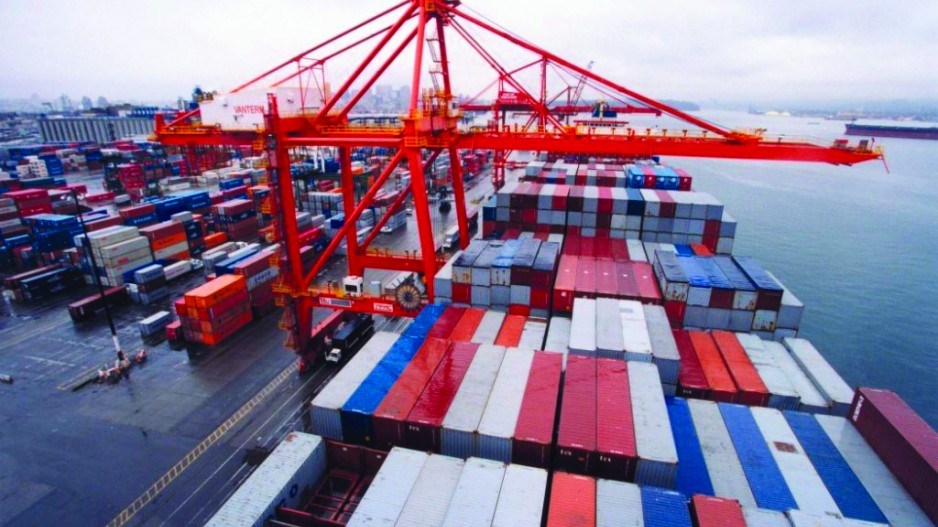Canadian ports are not luring U.S. cargo with unfair competitive advantages – that's the key finding in a just-released U.S. Federal Maritime Commission (FMC) report.
The report focused on any unfair advantages Canadian ports – and particularly the Port of Prince Rupert – might be enjoying.
The inquiry was incited by protectionist rumblings in the Pacific Northwest that alleged lax Canadian security and rail system advantages, but chiefly focused on whether a harbour maintenance tax (HMT) applied at U.S. ports but not in Canada gives Canadian ports an advantage over their U.S. counterparts.
However the FMC report, released over the weekend, found that:
- Carriers shipping cargo through Canadian and Mexican ports do not violate any U.S. law, treaty, agreement or FMC regulation;
- Numerous factors account for why shippers elect to use ports in Canada including overall shipment savings, risk mitigation through port diversification, perceived transit time benefits, avoidance of the HMT and rail rate disparities; and
- There are many options available to Congress should it decide to revise or replace the current HMT structure.
The report also examined whether Mexican ports are enjoying unfair competitive advantages over U.S. ports and similarly rejected the suggestions.




